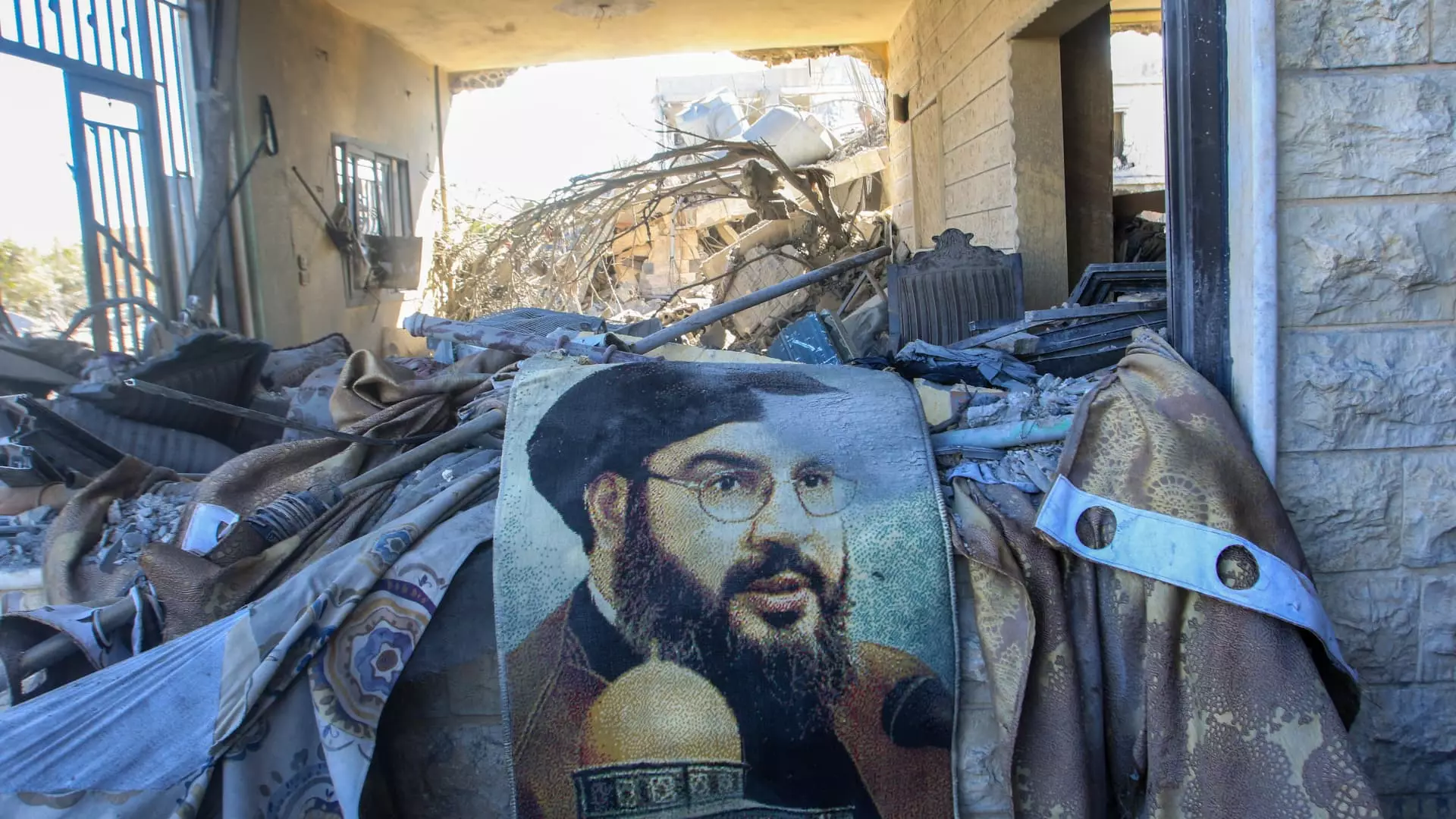The political landscape in the Middle East is incredibly fluid and often unpredictable. The recent reports surrounding the claimed death of Hezbollah’s leader, Hassan Nasrallah, have triggered a wave of speculation regarding the future of the militant group and the broader implications for regional dynamics. As the Israeli military confirmed the strike that supposedly killed Nasrallah, analysts and observers grapple with the potential fallout of this high-stakes development.
For over three decades, Hassan Nasrallah has been a central figure in forming Hezbollah’s identity as a potent military and political power. Under his leadership, the organization evolved from a Lebanese resistance movement to a sophisticated militant group acknowledged for its operational capabilities and strategic depth. The psychological and emotional weight that Nasrallah carried for his followers is significant; he has been regarded not only as a military commander but also as a symbol of resistance against perceived Western imperialism and the Israeli presence in Lebanon.
Moreover, he has successfully balanced Hezbollah’s military ambitions with its political aspirations in Lebanon, steering the organization through various conflicts while increasing its influence within the Lebanese political system. His death could create a leadership vacuum that may undermine Hezbollah’s cohesion and long-term strategic planning.
The immediate aftermath of Nasrallah’s reported death will likely prompt shifts in power dynamics within Hezbollah. Lebanese political analyst Ronnie Chatah suggested that while the group might remain intact, it would certainly face challenges in maintaining the same level of authority and operational effectiveness without its central decision-maker.
The potential emergence of a factional struggle could lead to a fragmented leadership structure lacking Nasrallah’s unifying vision. Different factions of Hezbollah may vie for power, and in the absence of cohesive leadership, operational capabilities could be significantly stunted. The risks of internal power struggles could lead to instability within the organization, with ramifications not just for Hezbollah but also for the broader Lebanese social and political landscape.
Hassan Nasrallah’s role extended beyond Hezbollah; he was seen as a key player within the Iranian influence network in the region. His death may hinder operational coordination between Iran and its proxy groups in Syria, Iraq, and Yemen. Analysts have posited that Nasrallah’s assassination might symbolize the escalating confrontation between Israel and Iran, particularly concerning future regional conflicts.
Firas Maksad from the Middle East Institute emphasized that Nasrallah’s influence among the Shia community in Lebanon gave him a singular status that could not easily be replicated by his successors. The fragility of Lebanon’s political structure, further complicated by sectarian tensions, raises significant challenges in a post-Nasrallah scenario. Hezbollah’s historical role as a guardian of Shia interests in Lebanon could be put to the test, potentially sparking unrest as factions within the community grapple with questions of identity and representation.
The dynamics following Nasrallah’s alleged demise also usher in the possibility of intensified tensions both within Lebanon and across the regional theater. Analysts predict that the power vacuum could exacerbate existing sectarian divisions and political polarization in Lebanon. The already fragile state of governance in Lebanon, coupled with economic crises, creates an environment ripe for unrest.
Reports of rising violence could emerge not only from potential rival factions within Hezbollah but also from external adversaries seeking to capitalize on the upheaval. Increased clashes or military operations by Israel against Hezbollah could ignite a broader conflict involving multiple state and non-state actors in the region, leading to unpredictable consequences.
While the reports of Hassan Nasrallah’s death remain to be substantiated, the implications of such an event would be profound. The potential for disarray within Hezbollah, coupled with the uncertainty surrounding miscalculations in the broader Middle East, could alter the geopolitical landscape in substantial ways. As Lebanon navigates the complexities of its sectarian politics, the specter of increased conflict looms large, signifying a tumultuous chapter for the nation and the entire region. The future remains uncertain, but the ramifications of this pivotal moment will undoubtedly shape the trajectory of Hezbollah, Lebanon, and the broader Middle Eastern political fabric.

Leave a Reply